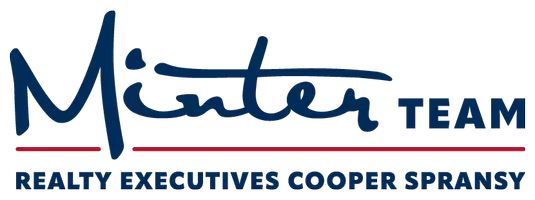House Hacking 101: A Guide to Real Estate Investment with Reduced Down Payments
House hacking—an intriguing investment strategy that's gaining traction in the real estate world. But what exactly is it, and how can you get started in this game-changing approach? In this blog, we'll delve into the concept of house hacking, breaking down the strategy that allows you to buy a multi-unit property, live in one unit, and rent out the others. As a bonus, we'll explore exciting news about reduced down payment restrictions, making house hacking more accessible than ever. Let's unlock the doors to real estate investment success through house hacking.
Decoding House Hacking
House hacking is more than just a buzzword—it's a savvy investment strategy that opens doors for individuals to enter the real estate investment game. The core idea is simple: purchase a multi-unit property, live in one of the units, and rent out the others. This unique approach allows for income generation that can contribute to covering the mortgage, taxes, and maintenance costs.
Benefits of House Hacking:
-
Income Generation: Renting out additional units provides a steady stream of income, potentially covering a significant portion of your housing expenses.
-
Reduced Financial Burden: House hacking can alleviate the financial burden of homeownership by leveraging rental income to offset costs.
-
Building Equity: As you pay down the mortgage using rental income, you simultaneously build equity in the property.
The Changing Landscape: Fannie Mae's Down Payment Update
Exciting news is on the horizon for aspiring house hackers. Fannie Mae, a key player in the mortgage industry, is set to lower down payment restrictions for house hacking. Previously, a 25% down payment was required for a 4-unit property. Now, the threshold has dropped significantly to just 5% down payment. This positive shift is a game-changer, making the real estate investment game more accessible to a broader audience.
Impact on Accessibility:
-
Lower Entry Barriers: Reduced down payment requirements mean that individuals can enter the real estate investment market with less upfront capital, making house hacking a feasible option for a wider demographic.
-
Increased Opportunities: Lower down payment restrictions open up opportunities for aspiring investors who may have been deterred by higher upfront costs.
-
Enhanced Flexibility: With a reduced financial barrier, individuals have more flexibility to explore multi-unit properties and kickstart their house hacking journey.
Getting Started with House Hacking
Now that you understand the basics and the exciting changes on the horizon, let's explore how to get started with house hacking.
Steps to House Hacking Success:
-
Financial Assessment: Evaluate your financial situation and determine how much you can comfortably allocate towards a down payment and ongoing expenses.
-
Property Search: Connect with your Realtor and begin to identify multi-unit properties in your target location that align with your budget and investment goals.
-
Loan Approval: Secure mortgage pre-approval to streamline the buying process and strengthen your negotiating position.
-
Property Management Plan: Develop a clear plan for managing the rental units, ensuring a smooth and profitable house hacking experience.
Ready to Dive In?
House hacking is a powerful strategy that offers financial benefits and opens doors to real estate investment. With Fannie Mae's reduced down payment restrictions, the opportunity is more accessible than ever. If you're ready to explore house hacking or have questions about the process, reach out. Let's turn your real estate investment dreams into a reality.
Categories
Recent Posts

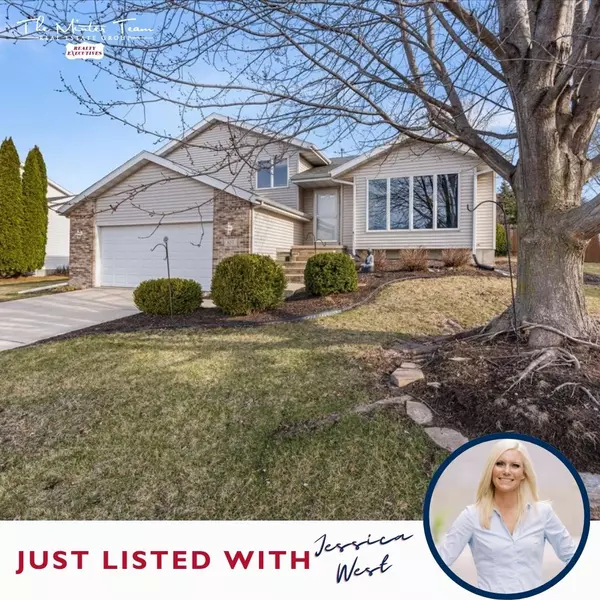
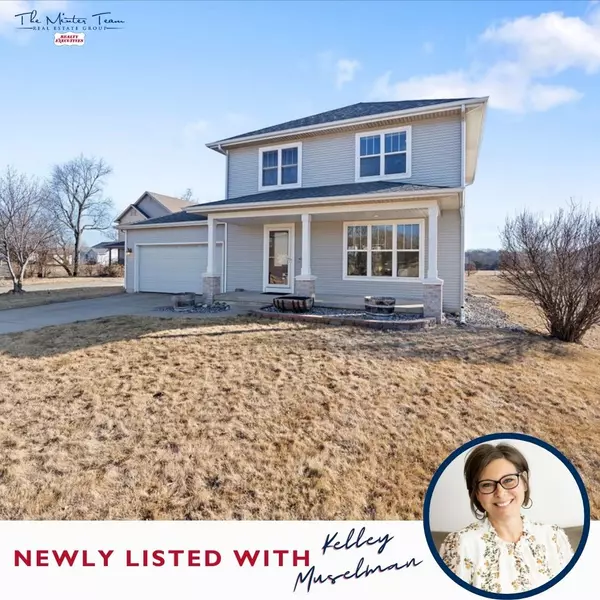
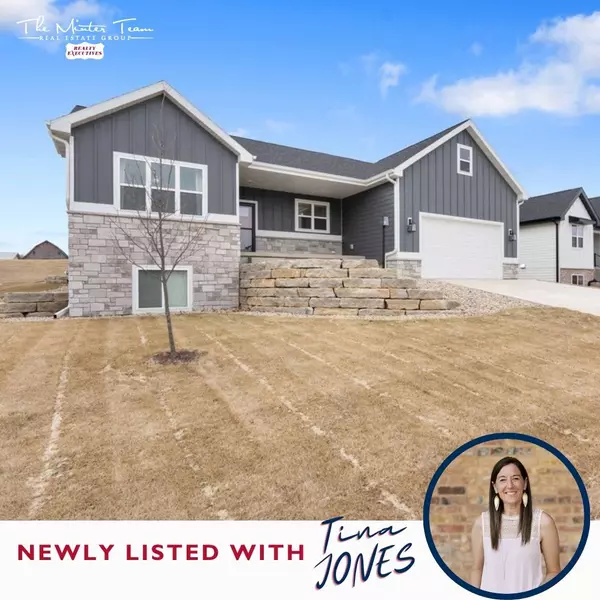
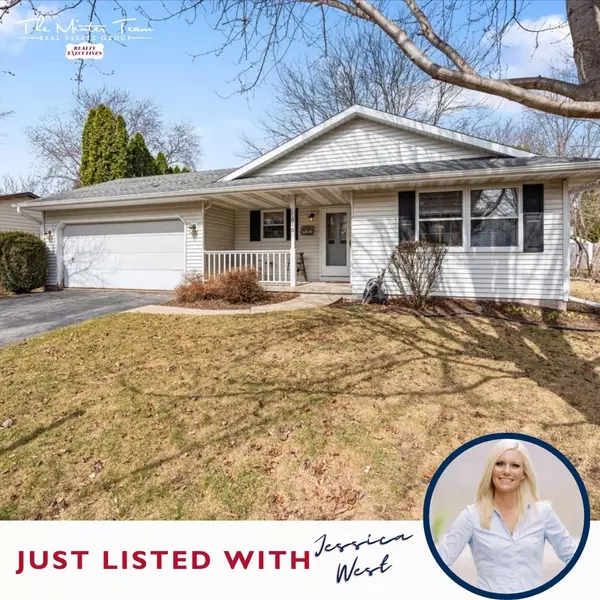
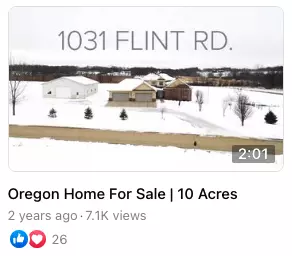
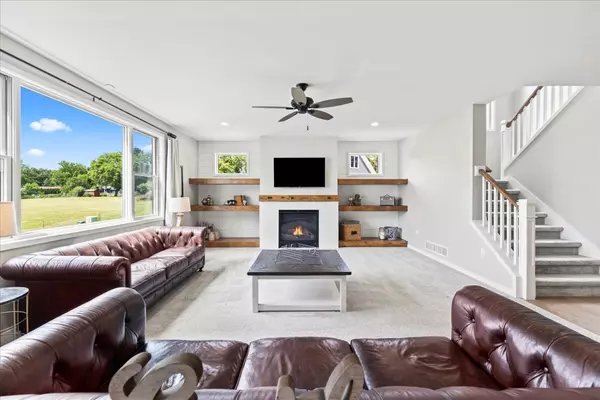
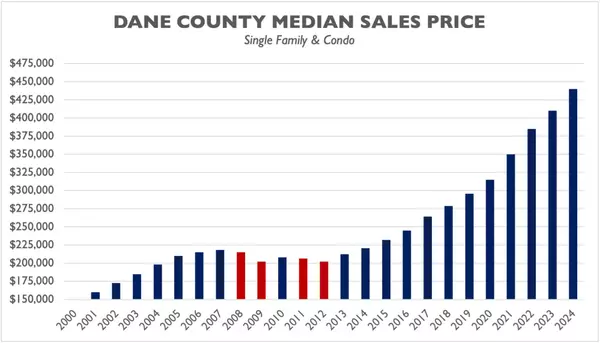
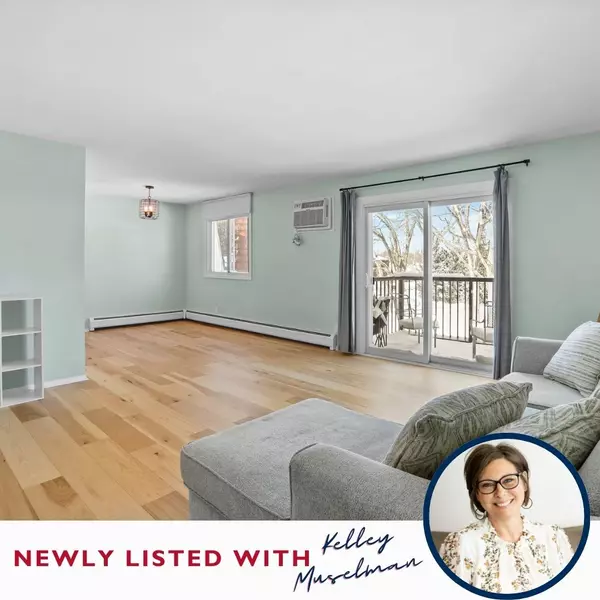
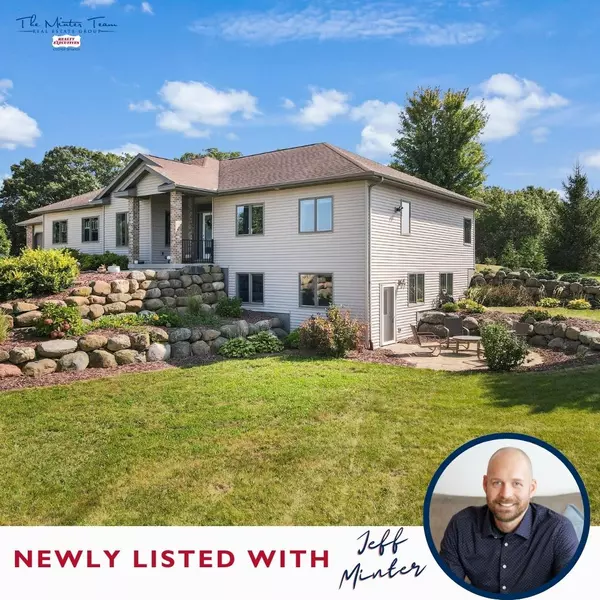
GET MORE INFORMATION

